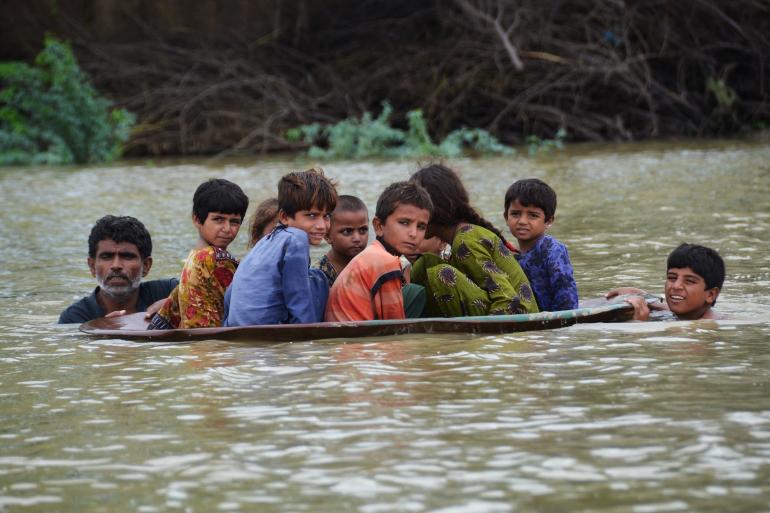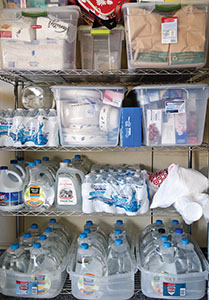
There are certain rules to be followed when living on an isolated island. These rules include being alert to predators and being ready to defend yourself. It is best to avoid deep-water areas, where sharks may lurk. Avoid caves as they may contain dangerous animals. You can also learn basic self-defense tools.
Positive thinking is encouraged
It is proven that positive thinking can help you survive on an island. The more you feel positive about something, it's more likely that it will happen. This will help you to stay positive. It may seem difficult initially, but adopting a positive attitude can make you happier and more content with your life. It can also reduce anxiety and stress.
Positive thinking is proven to increase your health and improve your quality of life. It can decrease stress levels, boost immunity, and reduce the risk of heart disease. You may even live longer! Several studies have shown that optimistic people live longer than pessimistic people. This effect is maintained even after taking into account other factors.

Avoid cannibalism
Cannibalism can be avoided on islands by not engaging in it. Cannibalism was once a survival strategy for many people who didn't have any other means of food. The practice of cannibalism grew in popularity over time among both sailors and islanders. Islanders discovered that human flesh tasted a lot like pork. The islanders began digging up graves to find fresh bodies and took them in as a way of cooking. This not only helped them survive but also allowed them to have good food without the need to hunt.
Cannibalism is still practiced in some cultures today. Cannibalism is a controversial practice that has been criticized and often associated with false allegations, which can be used to disparage entire communities. There is no evidence that cannibalism proves to be healthy. However, it has its downsides.
A shelter should be built
The first and most important tool in your survival kit is a shelter. You should make sure that the shelter is dry, as moisture can cause heat loss. It should also be high enough to see rescuers and keep away bugs. A tree shelter is the easiest shelter to build. You will need a large tree to create the roof and large branches to create the walls.
A shelter is a good option if you don't have enough firewood. It will also keep you supplies dry in the rainy environment. You won't have to go searching for dry fuel on the island. Shelter will not only keep you warm but also protect you against predators.

Find food
You'll first need to find food when you're on a deserted Island. Generally, it's easy. The ocean is a good place to find fish and crabs. Plants and fruits are the best land-based food sources. Find a fishing net and a spear or craft them from items you can find on the island.
Water is not enough. Food is vital for survival. A person can only survive for 3 days without water. There are many sources for water on the island. You can also gather rainwater and store it in containers.
FAQ
What is your most valuable survival tool in case you get lost?
The compass tells us which way north is. It also shows us how far we have traveled from our starting point. The compass may not always help you find your way if you're travelling to a mountainous area. However, if you're in a flat area, the compass should be able to show you the way.
If you don't have a compass, you could use an object such as a rock or tree for reference. Although you would still need to locate a landmark to guide yourself, at least you would know where north is.
Which tip is the most important for survival?
You can survive by staying calm. If you panic, you'll make mistakes and die.
What are the basics of survival in the wild and what do they teach?
You must know how to start a fire when living off the land. This is more than just lighting a flame. It requires you to learn friction and fluent methods of starting a fire. It is also important to learn how to keep from getting burned by the flames.
It is important to understand how to create shelter using natural materials such as leaves, grasses, and trees. To keep warm at night, you'll need to be able to use these materials in the best way. You'll also need to know how much water is necessary to survive.
Other Survival Skills
You can do other things to help you stay healthy, but they're not as vital as knowing how light a fire. For example, you can eat many different kinds of plants and animals, but if you don't know how to light a fire, you won't be able to cook them.
You'll also need to know how best and where to find food, including edible plants and animals. This knowledge is crucial to avoid becoming sick or starving.
Why is knot-tying so important for survival?
Knots are used by people all over the world to tie together items such as ropes, fishing lines, ladders, etc. You can also use them to tie bags closed, secure objects to trees and create shelters. When you are required to tie yourself to a tree, rope, or secure your shelter, the ability to make knots can be a lifesaver.
How to remain calm and composed in a survival situation
Most situations will require patience and calmness. In a survival situation, it is easy to panic, especially if your only option is to stay put and not be contacted by anyone. But being calm and patient will enable you to cope with any circumstance.
You cannot alter the outcome of a situation. You can only control how you respond. This will allow you to feel great about yourself, even if you don't achieve everything you want.
If you find yourself in a survival scenario, it is important to remain calm and collected. This includes being mentally and physically ready.
Mental preparation means setting realistic expectations and setting clear goals.
Physical preparation means ensuring that you have enough water and food to last until help arrives.
Once you have done both of these things, you are free to relax and just enjoy the experience.
What are the essential survival skills you need?
Although you may not always have water and food, you will be able to survive in an emergency situation.
Learn how to care for yourself and others. If you don't know how to do this, you won't last long when faced with a crisis.
If you plan to go into the wilderness and need food and shelter, you should learn how to make fires and cook.
These are essential skills everyone should learn. These skills will ensure you are safe and healthy when camping.
Statistics
- Without one, your head and neck can radiate up to 40 percent of your body heat. (dec.ny.gov)
- We know you're not always going to be 100% prepared for the situations that befall you, but you can still try and do your best to mitigate the worst circumstances by preparing for a number of contingencies. (hiconsumption.com)
- so you can be 100 percent hands-free, and there's less chance you'll put your torch down and lose it. (nymag.com)
- The Dyrt PRO gives 40% campground discounts across the country (thedyrt.com)
External Links
How To
How to Find Edible Plants and Animals During Emergencies
Edible plants and animals are very important food sources during emergency situations. They should be included in your survival kit because they can provide nutrients and energy for you without access to normal foods. These can be used to make medicine and cosmetics.
You should know where these plants grow and what kind of conditions they like, such as soil type, climate, and weather. This knowledge will allow for you to quickly identify the plants. Unfortunately, you won't be able to know all the details of every animal and plant species. Fortunately, some general rules apply to most plants and animals.
You can assume that a plant or animal likes moist soil if it's found near water. Shiny leaves indicate that the plant was recently watered. If there are ants around a plant it is likely that it provides nectar to pollinators. These simple observations will save you time and help you find useful animals and plants during an emergency.
You can find books written by botany and zoology experts to help you learn more about edible plants. Talk to rural people and watch documentaries. The steps below will help you learn about animals, plants, and other topics.
-
Look for animals and plants that grow near water.
-
Observe the growth habits of plants and animals.
-
Learn more about the natural habitats for animals and plants. You could, for example, search for locations with a certain soil type, climate, and vegetation.
-
Identify which parts of animals and plants you can eat.
-
Learn how plants and animals can be prepared and cooked.
-
To get a taste for wild animals and plants, practice it.
-
Take care when collecting wild animals and plants. Don't pick endangered species.
-
Wild animals and plants must be stored properly. They must be kept out of direct sunlight.
-
After handling wild plants or animals, wash your hands thoroughly.
-
Before eating fruit and vegetables, wash them.
-
You should not eat raw fish or meat unless you are certain it is safe.